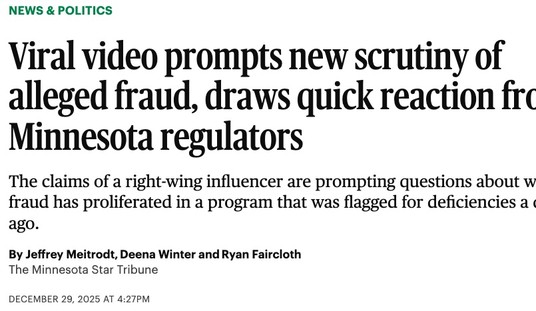Most people who oppose Elena Kagan’s nomination to the Supreme Court will focus on either her defense of Harvard’s attempt to bar military recruiters from the campus or her lack of judicial experience. However, as HA reader Frank points out, her record as Solicitor General will provide an argument on competence, too. Kagan didn’t do her homework before arguing the Citizens United case on behalf of the Obama administration and the FEC — which her probably-soon-to-be colleagues on the Supreme Court wasted no time in pointing out. It came at the very beginning of her oral argument, when one might expect a Solicitor General to attempt to impress the panel with her grasp of law and precedent:
ORAL ARGUMENT OF ELENA KAGAN
ON BEHALF OF THE APPELLEE GENERAL KAGAN: Mr. Chief Justice and may it please the Court:
I have three very quick points to make about the government position. The first is that this issue has a long history. For over 100 years Congress has made a judgment that corporations must be subject to special rules when they participate in elections and this Court has never questioned that judgment.
Number two –
JUSTICE SCALIA: Wait, wait, wait, wait. We never questioned it, but we never approved it, either. And we gave some really weird interpretations to the Taft-Hartley Act in order to avoid confronting the question.
GENERAL KAGAN: I will repeat what I said, Justice Scalia: For 100 years this Court, faced with many opportunities to do so, left standing the legislation that is at issue in this case — first the contribution limits, then the expenditure limits that came in by way of Taft-Hartley — and then of course in Austin specifically approved those limits.
JUSTICE SCALIA: I don’t understand what you are saying. I mean, we are not a self — self-starting institution here. We only disapprove of something when somebody asks us to. And if there was no occasion for us to approve or disapprove, it proves nothing whatever that we didn’t disapprove it.
GENERAL KAGAN: Well, you are not a self-starting institution. But many litigants brought many cases to you in 1907 and onwards and in each case this Court turns down, declined the opportunity, to invalidate or otherwise interfere with this legislation.
JUSTICE KENNEDY: But that judgment was validated by Buckley’s contribution-expenditure line. And you’re correct if you look at contributions, but this is an expenditure case. And I think that it doesn’t clarify the situation to say that for100 years — to suggest that for 100 years we would have allowed expenditure limitations, which in order to work at all have to have a speaker-based distinction, exemption from media, content-based distinction, time-based distinction. We’ve never allowed that.
In fact, the crux of the case was the issue of limiting expenditures as an expression of political speech, not contributions. Kagan started off her argument by misconstruing the issue and then offering a factually incorrect reading of precedent. Both Scalia and Kennedy objected to it before Kagan even had time to get the argument completed, although as the transcript notes, she didn’t pay much attention to them.
Without any judicial experience, Kagan has to rely on her performance at the Court as Solicitor General over a short period of fifteen months — and at best, it’s mixed.








Join the conversation as a VIP Member